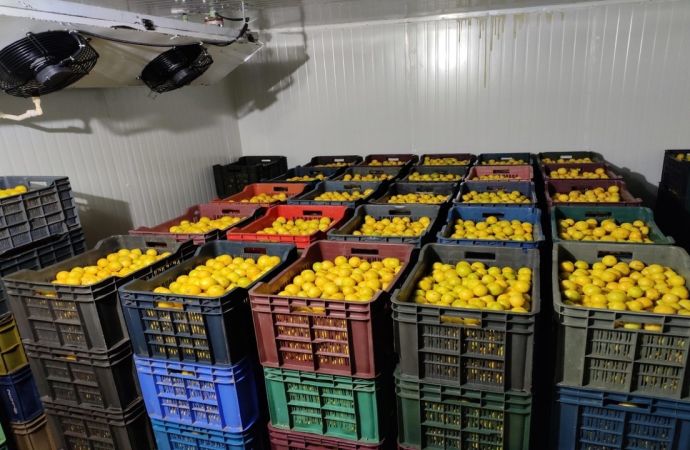The heat pump is equipped with a compressor offering double the capacity of previous models and is suitable for industrial applications and district heating.

The GEA RedGenium heat pump. Credit: GEA.
German manufacturer GEA has launched the RedGenium, a new ammonia/NH3 (R717) heat pump capable of producing 95°C (203°F) heat.
This new addition to the GEA portfolio is equipped with an XHP reciprocating compressor, the largest in GEA’s Grasso V ammonia compressor series, giving it almost double the capacity compared to the company’s previous models, GEA said in a statement.
The Grasso HXP reciprocating compressor at the heart of the heat pump will be manufactured in four models and be commercially available from 2022.
“The new GEA solution ideally complements the existing heat pump portfolio, as it is perfectly suited for many processes with high heat-load requirements, including applications in the food, beverage and dairy industries,” the company said. “The temperature level also meets the criteria for space heating, district and local heating networks.”
GEA claims “best efficiency in class” for the technology behind the RedGenium, ensuring reduced energy consumption and a “significantly improved ROI” for users.
Future-proofing heat production
“Heat accounts for more than half of the global total final energy consumption. Despite best efforts, today it is still mainly produced using fossil fuels,” said Kai Becker, CEO of GEA Heating & Refrigeration Technologies. “If we are to limit global warming to 1.5°C (2.7°F) compared to pre-industrial levels, we need a real game changer. When it comes to decarbonizing heat, heat pump technology with its proven track record is just that.”
“Our heat pumps are a future-proof solution that can help companies,” said Thomas Lergenmüller, Product Manager of Heat Pumps at GEA Heating & Refrigeration Technologies. “Future-proofed not only in terms of stricter environmental guidelines and ecological requirements, but also in terms of economic aspects.”
“An efficient heat pump can immediately save on operating costs compared to conventional heating systems. This doesn’t even take into account rising CO2 taxes or the significant increase in fossil fuel costs,” Lergenmüller noted.
Reflecting its increased focus on the heating segment, GEA rebranded its Refrigeration Technologies division on October 13 as “GEA Heating & Refrigeration Technologies.”
Announcing the rebrand, GEA noted that in applications such as food, beverage and dairy processing, products are usually heated up and then refrigerated. In these scenarios, GEA’s heat pumps can reuse and upcycle waste heat from refrigeration processes and repurpose it in the production process, thus cutting energy consumption.
Competition from CO2
Ammonia heat pumps are seeing growing competition from CO2 (R744) models. For example, Kim G Christensen, CEO of Danish OEM Fenagy, recently contended that CO2 heat pumps are “really good” for district heating applications, and the best available technology in the 0.5 to 5MW (142 to 1,422TR) capacity range.
If we are to limit global warming to 1.5°C (2.7°F) compared to pre-industrial levels, we need a real game changer. When it comes to decarbonizing heat, heat pump technology with its proven track record is just that," - Kai Becker, GEA
Want to find out more, or have something to say about this story? Join the ATMO Connect network to meet and engage with like-minded stakeholders in the clean cooling and natural refrigerant arena.
Related stories



_1522327086.png)
